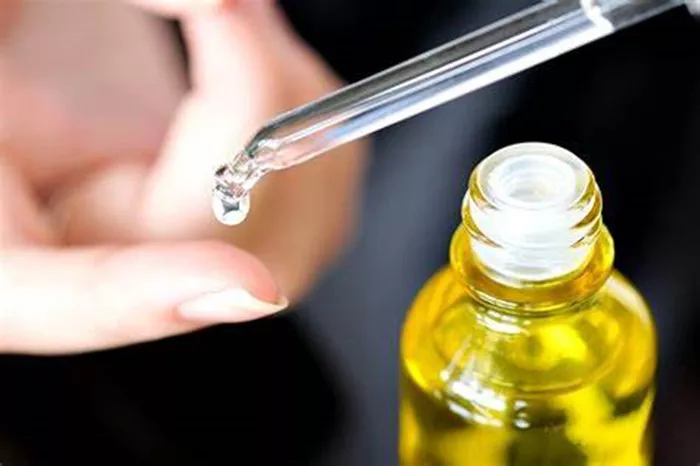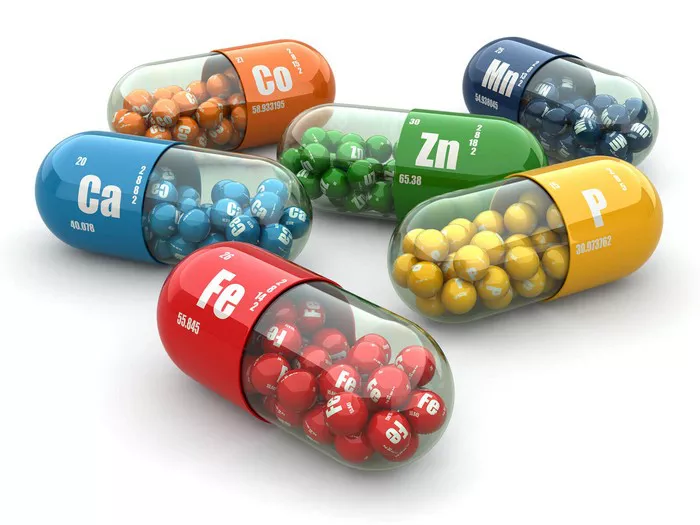Scars are a natural part of the body’s healing process, serving as a visible reminder of past injuries or surgeries. While scars can vary in size, shape, and appearance, many people seek out remedies to minimize their visibility and promote smoother, healthier-looking skin. Vitamin E oil has long been touted as a potential treatment for scars, but does it live up to the hype? In this article, we explore the science behind vitamin E oil and its effectiveness in improving the appearance of scars.
Understanding Scars: Types and Characteristics
Before delving into the efficacy of vitamin E oil, it’s essential to understand the nature of scars and how they form. Scars can result from a variety of causes, including cuts, burns, acne, surgical incisions, and injuries. When the skin is damaged, the body initiates a complex process of wound healing, which involves inflammation, tissue regeneration, and remodeling.
During the wound healing process, the body produces collagen – a fibrous protein that provides structure and support to the skin. In some cases, an excess of collagen may be deposited during healing, leading to the formation of raised, thickened scars known as hypertrophic scars or keloids. On the other hand, scars that result from a loss of tissue, such as those caused by acne or surgery, may appear depressed or sunken in appearance.
The Role of Vitamin E in Scar Healing
Vitamin E is a fat-soluble antioxidant that plays a crucial role in protecting the body against oxidative damage caused by free radicals. In addition to its antioxidant properties, vitamin E has been proposed to have anti-inflammatory and skin-regenerating effects, making it a popular ingredient in skincare products and home remedies for scars.
Proponents of vitamin E oil for scar healing claim that it can help to:
Moisturize the Skin: Vitamin E oil is believed to hydrate and nourish the skin, promoting optimal conditions for wound healing and scar remodeling.
Reduce Inflammation: Vitamin E oil is thought to possess anti-inflammatory properties, which may help to minimize redness, swelling, and discomfort associated with scars.
Promote Collagen Production: Vitamin E is involved in collagen synthesis, the process by which the body produces new collagen fibers to repair damaged tissue. By supporting collagen production, vitamin E oil may help to improve the texture and appearance of scars.
Examining the Evidence: Does Vitamin E Oil Help Scars?
Despite its widespread use as a scar treatment, the scientific evidence supporting the efficacy of vitamin E oil is mixed. While some studies have suggested that vitamin E oil may offer benefits for scar healing, others have found little to no improvement compared to placebo or alternative treatments.
A systematic review published in the journal Dermatologic Surgery in 2010 analyzed the results of multiple studies investigating the use of topical vitamin E for scar prevention and treatment. The review concluded that there was limited evidence to support the use of vitamin E in scar management and that further research was needed to determine its effectiveness.
One of the concerns surrounding the use of vitamin E oil for scars is the potential for adverse reactions, particularly in individuals with sensitive skin or allergies. Some people may experience skin irritation, redness, itching, or contact dermatitis when applying vitamin E oil topically. In rare cases, vitamin E oil may even worsen the appearance of scars or cause allergic reactions.
Best Practices for Using Vitamin E Oil on Scars
If you’re considering using vitamin E oil to help improve the appearance of scars, it’s essential to approach it with caution and follow best practices to minimize the risk of adverse effects. Here are some tips for using vitamin E oil on scars:
Patch Test: Before applying vitamin E oil to a larger area of skin, perform a patch test on a small, inconspicuous area to check for any adverse reactions or sensitivity.
Choose a High-Quality Product: Look for a vitamin E oil that is pure, natural, and free from added ingredients or preservatives. Consider opting for a product with additional skin-nourishing ingredients, such as jojoba oil or rosehip seed oil.
Apply Sparingly: Use vitamin E oil sparingly, applying a thin layer to the scarred area and gently massaging it into the skin. Avoid applying excessive amounts of oil, as this may increase the risk of irritation.
Be Patient: Results from using vitamin E oil on scars may take time to become noticeable, and improvement may vary depending on factors such as the type and severity of the scar, as well as individual skin characteristics. Be patient and consistent with your application, and monitor your progress over time.
Consult a Dermatologist: If you have concerns about the appearance of scars or are unsure about using vitamin E oil, consult a dermatologist or healthcare professional for personalized advice and guidance. They can help you determine the most appropriate treatment approach based on your specific needs and skin type.
Alternative Treatments for Scars
While vitamin E oil is one option for scar treatment, there are several alternative approaches that may also help to improve the appearance of scars. These include:
Silicone Gel or Sheets: Silicone-based products have been shown to be effective in reducing the size, redness, and thickness of scars when applied consistently over time.
Onion Extract: Topical creams containing onion extract have been shown to help soften and flatten scars, particularly hypertrophic scars and keloids.
Alpha Hydroxy Acids (AHAs): AHAs, such as glycolic acid and lactic acid, can help to exfoliate the skin and promote cell turnover, leading to smoother, more even-toned skin.
Steroid Injections: For raised scars, such as hypertrophic scars and keloids, steroid injections may help to reduce inflammation and flatten the scar tissue.
Laser Therapy: Laser treatments, such as fractional laser resurfacing, can help to improve the texture and appearance of scars by stimulating collagen production and promoting skin regeneration.
Conclusion
In conclusion, while vitamin E oil has been widely used as a remedy for scars, the scientific evidence supporting its efficacy is limited and mixed. While some people may experience benefits from using vitamin E oil on scars, others may not see significant improvement or may even experience adverse effects.
If you’re considering using vitamin E oil for scar treatment, it’s essential to approach it with caution and consult a dermatologist or healthcare professional for personalized advice. They can help you determine the most appropriate treatment approach based on your specific needs and skin characteristics.
Ultimately, the best treatment for scars will depend on factors such as the type, severity, and location of the scar, as well as individual preferences and skin sensitivities. By exploring different treatment options and working with a knowledgeable healthcare provider, you can find the approach that works best for you and achieve smoother, healthier-looking skin over time.
[inline_related_posts title=”You Might Be Interested In” title_align=”left” style=”list” number=”6″ align=”none” ids=”8601,8516,8408″ by=”categories” orderby=”rand” order=”DESC” hide_thumb=”no” thumb_right=”no” views=”no” date=”yes” grid_columns=”2″ post_type=”” tax=””]
































